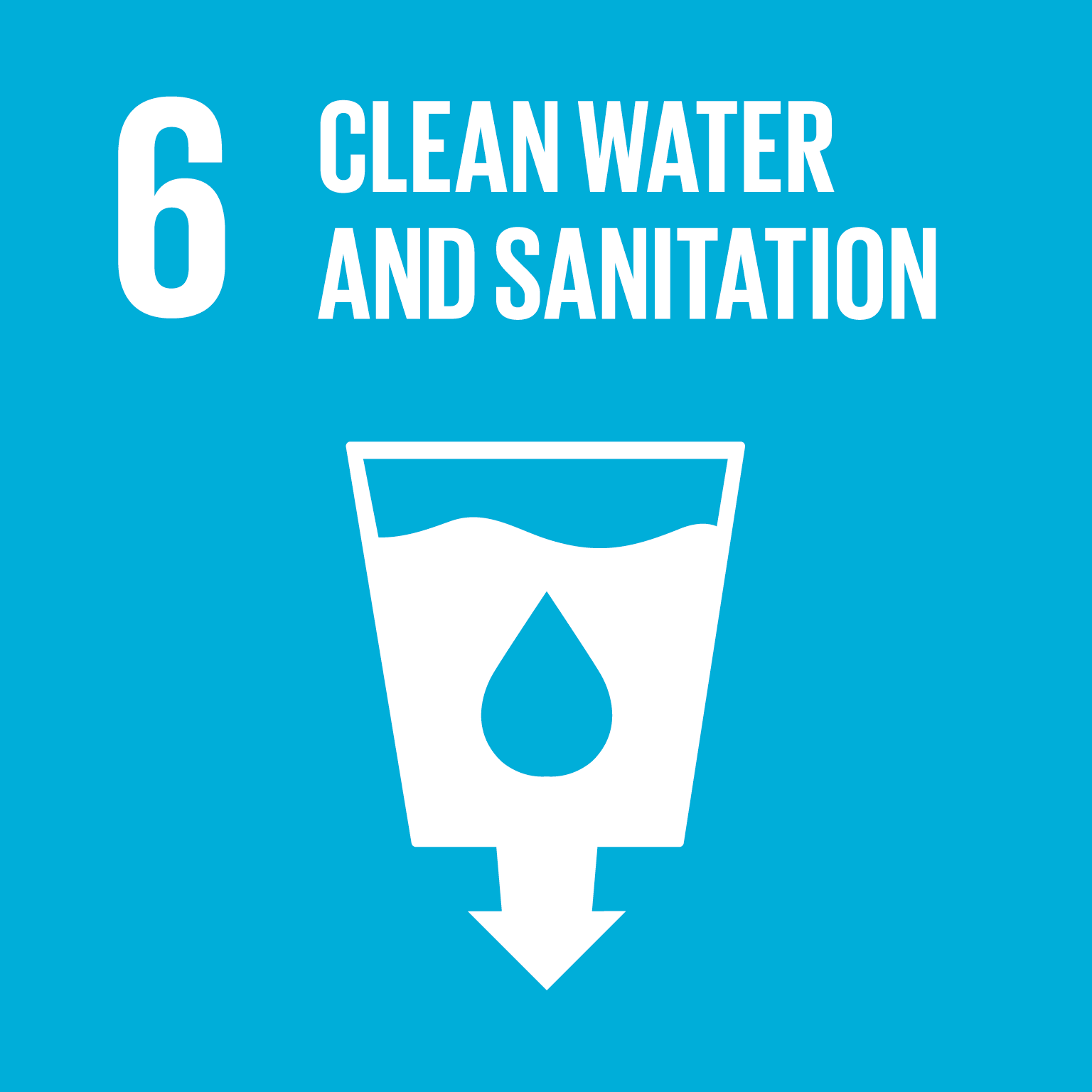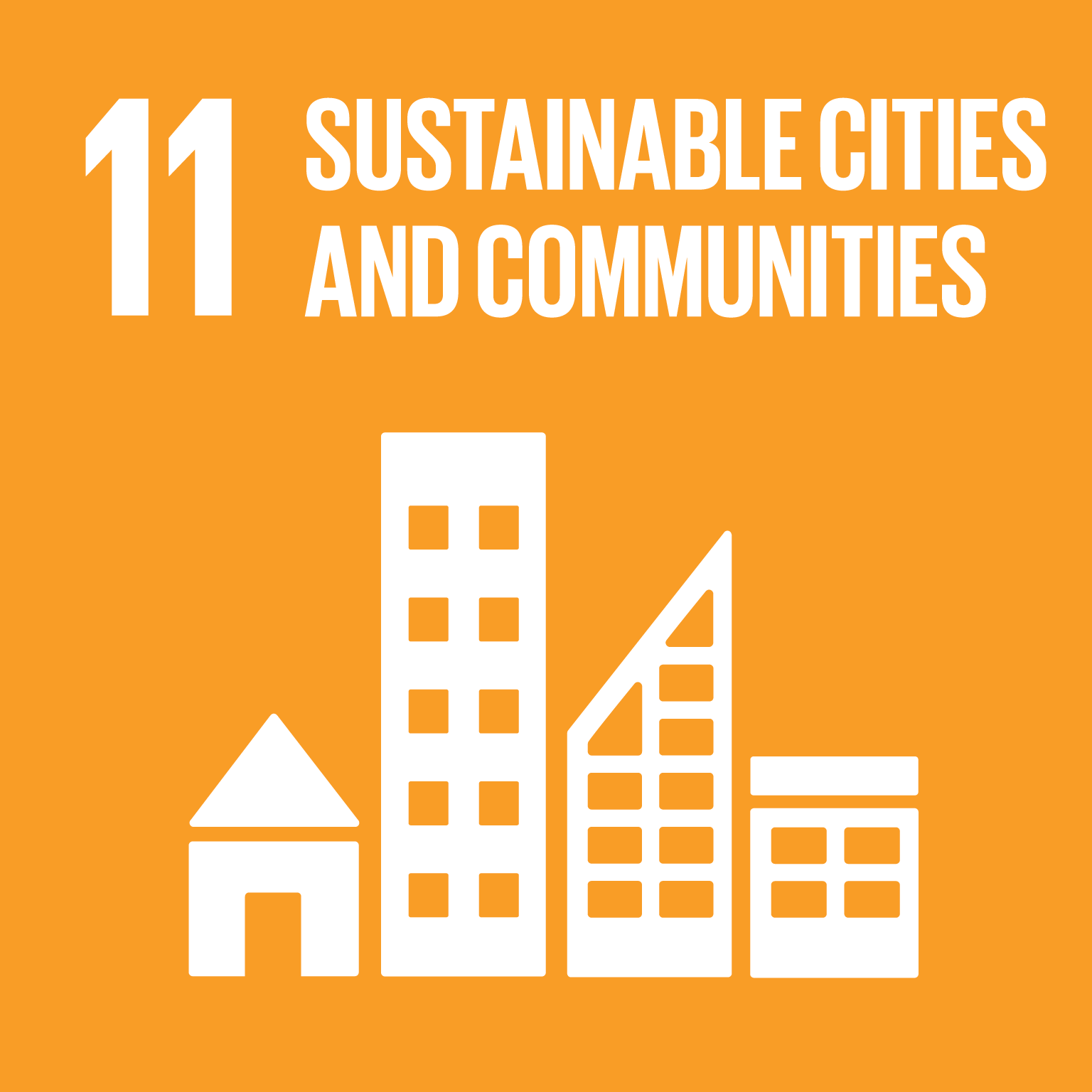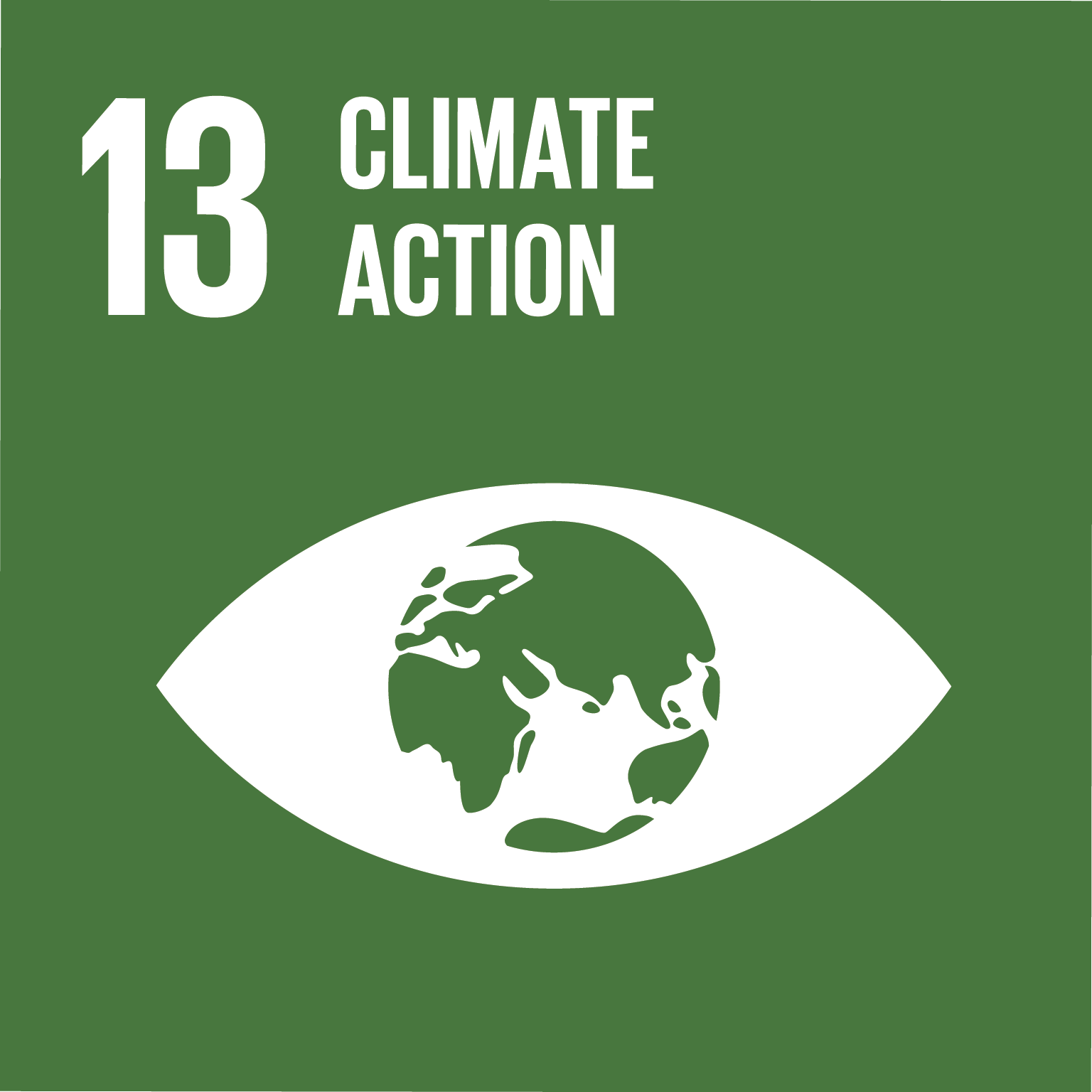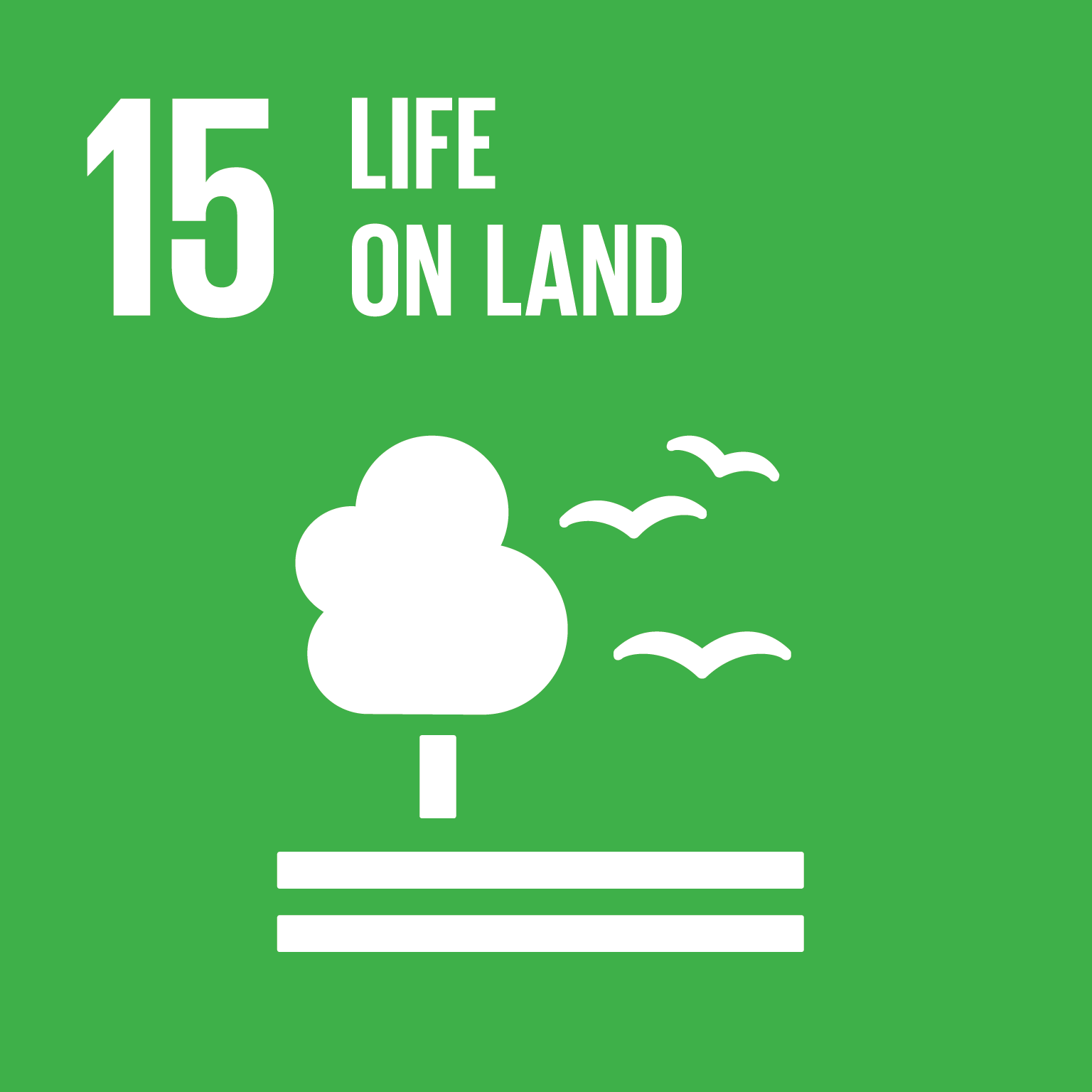If you are concerned about the natural environment and issues of sustainability then Forestry could be the course for you. Forestry students learn how to create habitats, provide spaces for recreation, and produce timber - a resource that can simultaneously store carbon and substitute for concrete and steel.
The Forestry sector has expanded considerably in Ireland in recent decades and there is an ongoing demand for qualified forestry professionals. With the skills you gain in this degree, you will be able to create meaningful change for the Irish environment and contribute positively to solving some of the biggest challenges facing the world.
UCD Forestry students gain skills in forest planning, remote sensing, the use of geographical information systems and forest modelling while developing the capacity for life-long learning that enables them to stay abreast of developments in policy, technology and the sciences that underpin forestry practice. They learn how to manage forest systems to:
- Produce timber and renewable energy
- Sequester carbon
- Improve biodiversity and wildlife habitats
- Develop resilience for climate change
- Protect soil and water resources










